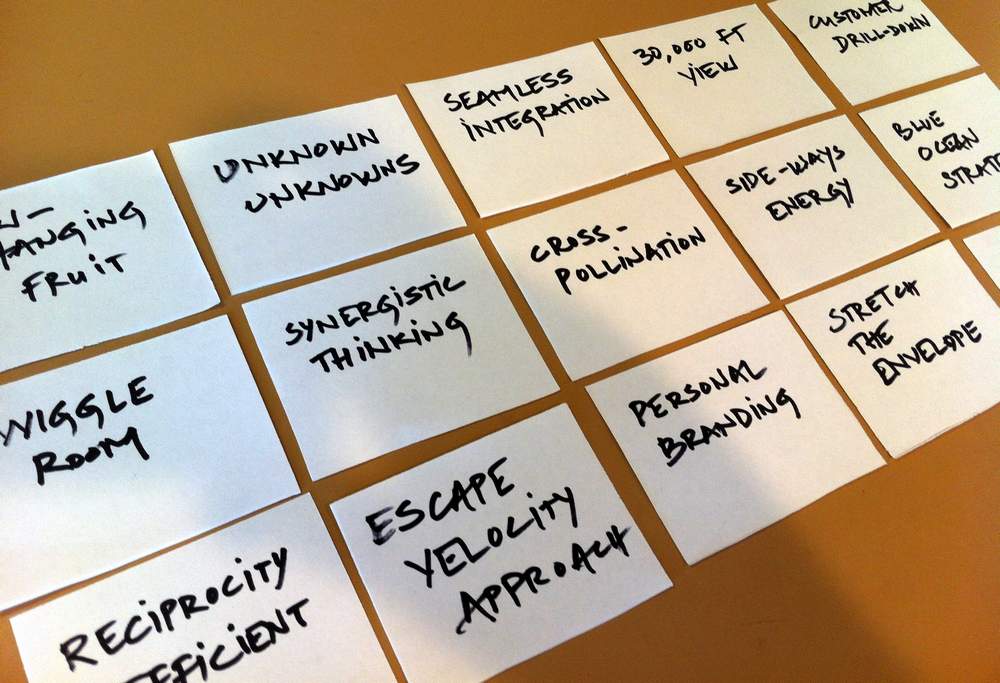People know there’s great fame with getting things named after them.
The Scottish-American steel magnate and philanthropist Andrew Carnegie (1835–1919) was fully mindful of this.
Carnegie started with his empire-building (read biography) by manufacturing steel rails for America’s burgeoning railroad industry. With great fanfare, he named his first steel plant after his most important customer, Edgar Thomson, president of the Pennsylvania Railroad. The Edgar Thomson Steel Works has been in action since 1872.
Obsequious flattery is clever marketing indeed!

.jpg)
.jpg)
.jpg)